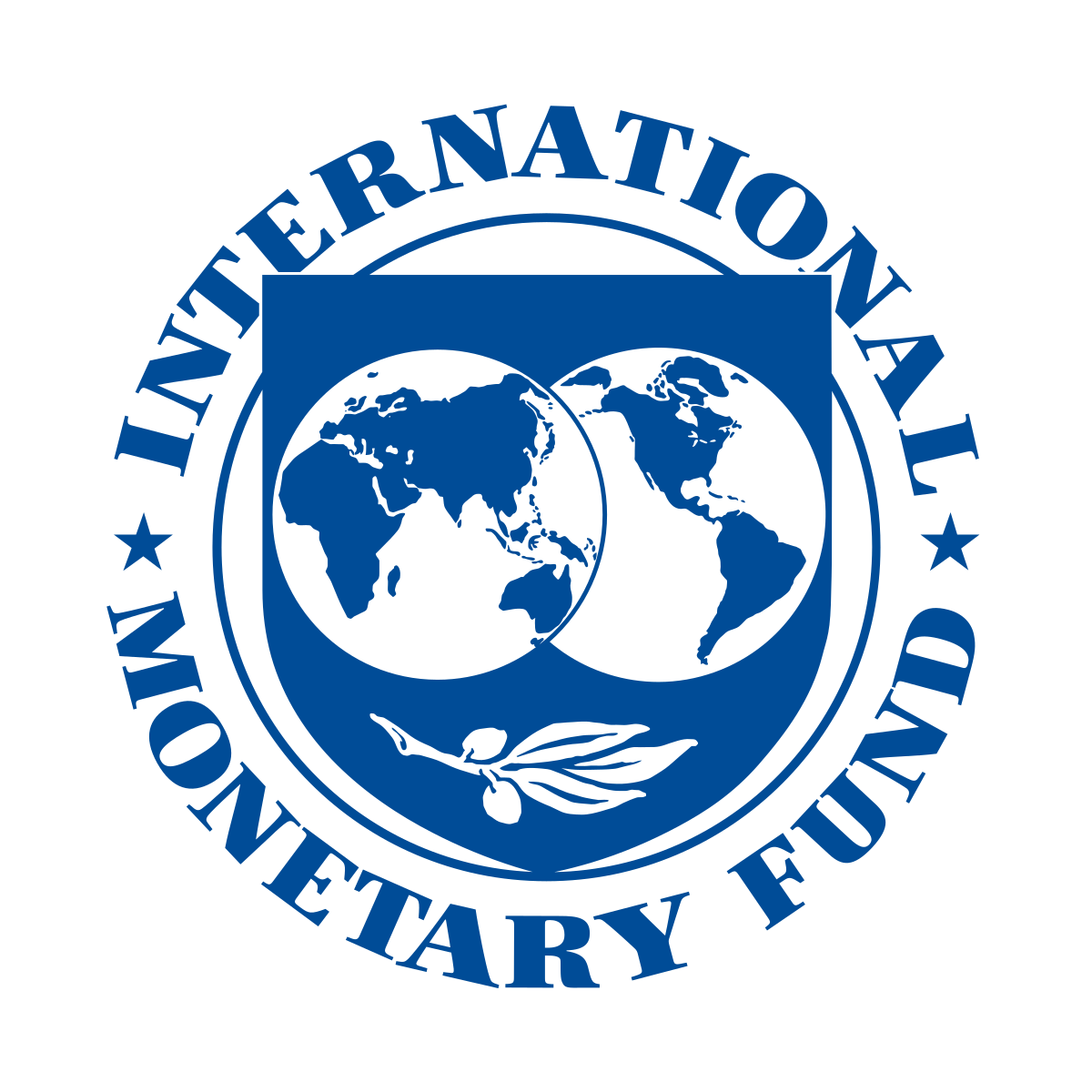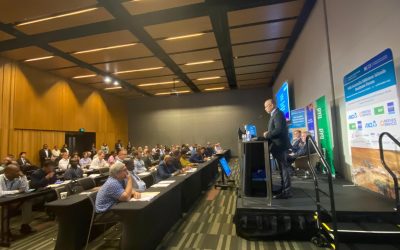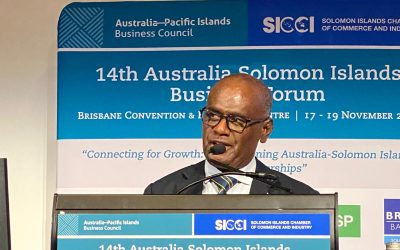This report is condensed from an interview with Nada Choueiri, Deputy Director of the IMF’s Asia and Pacific Department, Washington DC by PACNEWS Senior Journalist Pita Ligaiula.
Pacific Island countries (PICs) are grappling with a complex array of economic challenges, from global trade tensions and inflation to climate-related shocks and constrained fiscal capacity, according to Nada Choueiri of the International Monetary Fund (IMF).
In a detailed interview, Choueiri noted that while direct exposure to U.S. tariffs is limited due to small export volumes, Pacific economies are vulnerable to indirect effects via trading partners like Australia, New Zealand, and Asia. These disruptions can affect tourism, remittances, and even sovereign wealth funds, especially for countries like Fiji and Papua New Guinea.
The IMF has revised its 2025 growth outlook for several countries in the region. Fiji’s projected growth has been downgraded by 0.4 percentage points, while Vanuatu has seen downward adjustments due to natural disasters. Conversely, PNG’s outlook has improved, thanks to rising gold production and prices. “The situation is complex and fluid,” Choueiri said, underscoring the uncertainty in forecasts.
On inflation, Choueiri acknowledged that global fuel and goods prices may decline with softening demand, but local impacts in the Pacific depend on currency movements and market dynamics. She also noted that remittance flows—a lifeline for many island households—are expected to decline in line with slowing regional economies, though data is yet to confirm the extent.
A major concern remains debt sustainability. “Even before the trade tensions, half of Pacific Island countries were already at high risk of debt distress,” she said. The IMF is supporting the region with policy advice, revenue mobilisation strategies, and technical assistance, including through its Suva-based team.
One of the newer tools in the IMF’s arsenal is the Resilience and Sustainability Facility (RSF), aimed at helping countries manage long-term vulnerabilities such as climate change. PNG became the first Pacific nation to access RSF financing in December 2024.
Choueiri also emphasised the potential of digital transformation to boost financial inclusion and economic resilience, while cautioning against the risks of fraud and illicit flows. The IMF continues to assist governments with institutional capacity-building, fiscal reforms, and macroeconomic surveillance to help navigate the uncertain global landscape.
As the global trade system undergoes a “reboot,” the IMF is urging Pacific nations to accelerate reforms to better withstand external shocks—and take advantage of any future return to stable, open markets.
To read the full interview click here.



